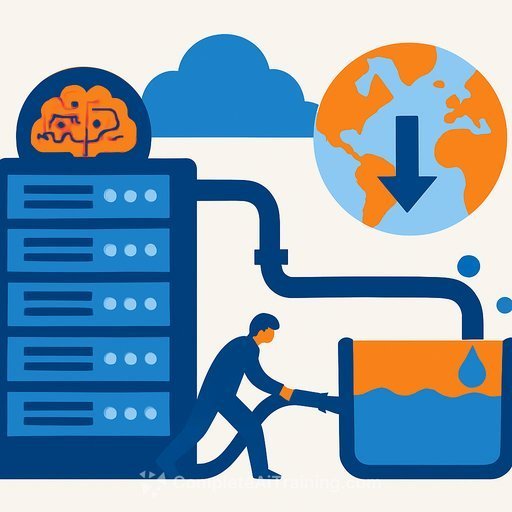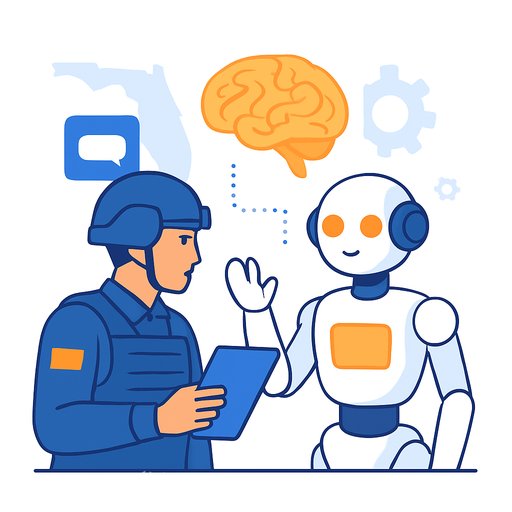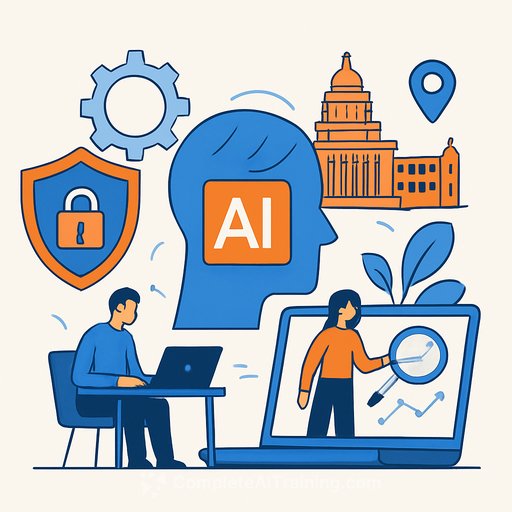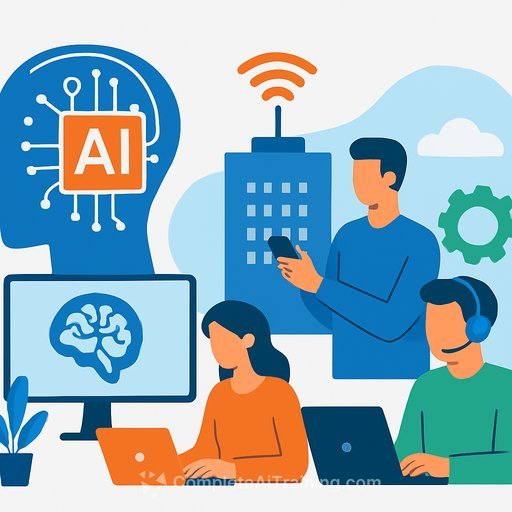AI in Business and Modern Technology: A Practical Look for Operations
AI Technology in Everyday Work
Startups often move fast, but maintaining that pace requires more than hustle. As operations grow complicated, decisions need to be precise, consistent, and forward-thinking. Artificial intelligence is stepping in as a critical tool to help lean teams manage this shift and compete effectively.
To see how AI changes operations on the ground, consider insights from Aditya Shah, an operations leader and AI strategist. With a background in startup operations, enterprise systems, and automation, Shah shows how AI can bring order and clarity to complex workflows.
Scaling Small Teams with AI
In early-stage companies, operations roles overlap heavily. One person might handle finance, HR, logistics, and customer experience simultaneously. AI can cut through this noise by automating routine tasks and highlighting the signals that matter.
Examples include demand forecasting and customer retention models that detect trends early, allowing teams to react strategically. Instead of just adding headcount, embedding AI intelligence into workflows helps small teams function like larger departments.
AI as a Tool for Risk Management
Startups make quick decisions but often have little room for error. AI supports faster choices without sacrificing caution. Machine learning models can identify anomalies and simulate different outcomes, providing insights that go beyond gut feeling.
Tools such as real-time budget optimization and scenario modeling, once exclusive to big enterprises, are now accessible to startups. These help balance speed with foresight, enabling teams to manage risk more effectively.
Transforming Data into Actionable Customer Insights
Customer operations offer rich data sources often left untapped. Support tickets, user behavior, and feedback can be combined using AI to reveal what issues really impact customers.
AI helps prioritize problems, predict churn, and tailor outreach, improving customer experience without overwhelming small service teams. This approach leads to smarter, targeted actions rather than reactive firefighting.
People First, Technology Second
AI provides frameworks and tools, but people still drive strategy and execution. Automation supports decision-making, but human judgment remains essential to guide growth responsibly.
Ethical AI adoption and practical integration ensure that technology amplifies rather than replaces human effort. This balanced approach keeps operations agile and focused on meaningful outcomes.
For those in operations looking to deepen their AI skills and apply these principles, exploring targeted training and courses can be a smart step. Resources like Complete AI Training’s operations-focused courses offer practical guidance to bring AI into everyday workflows.
Your membership also unlocks:






